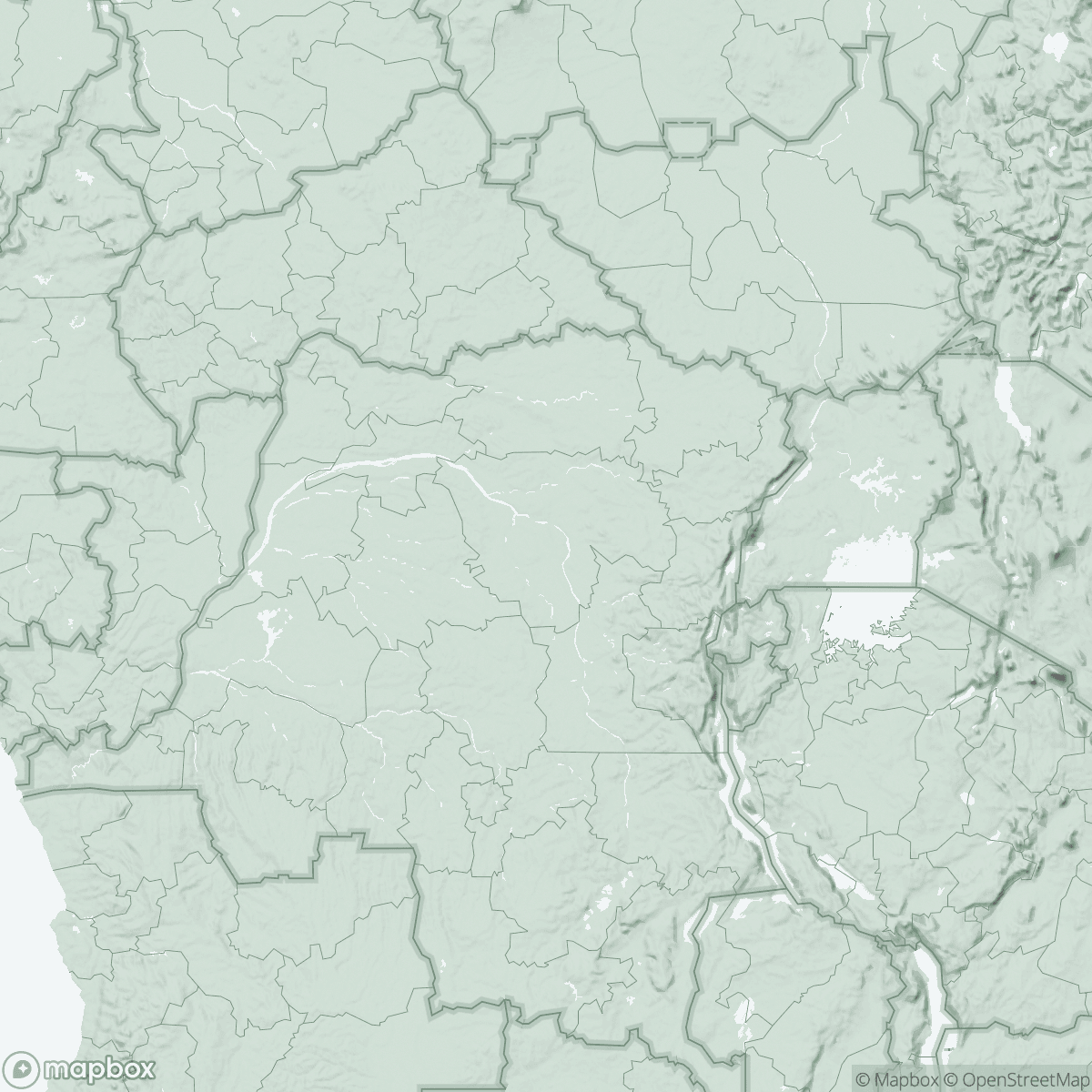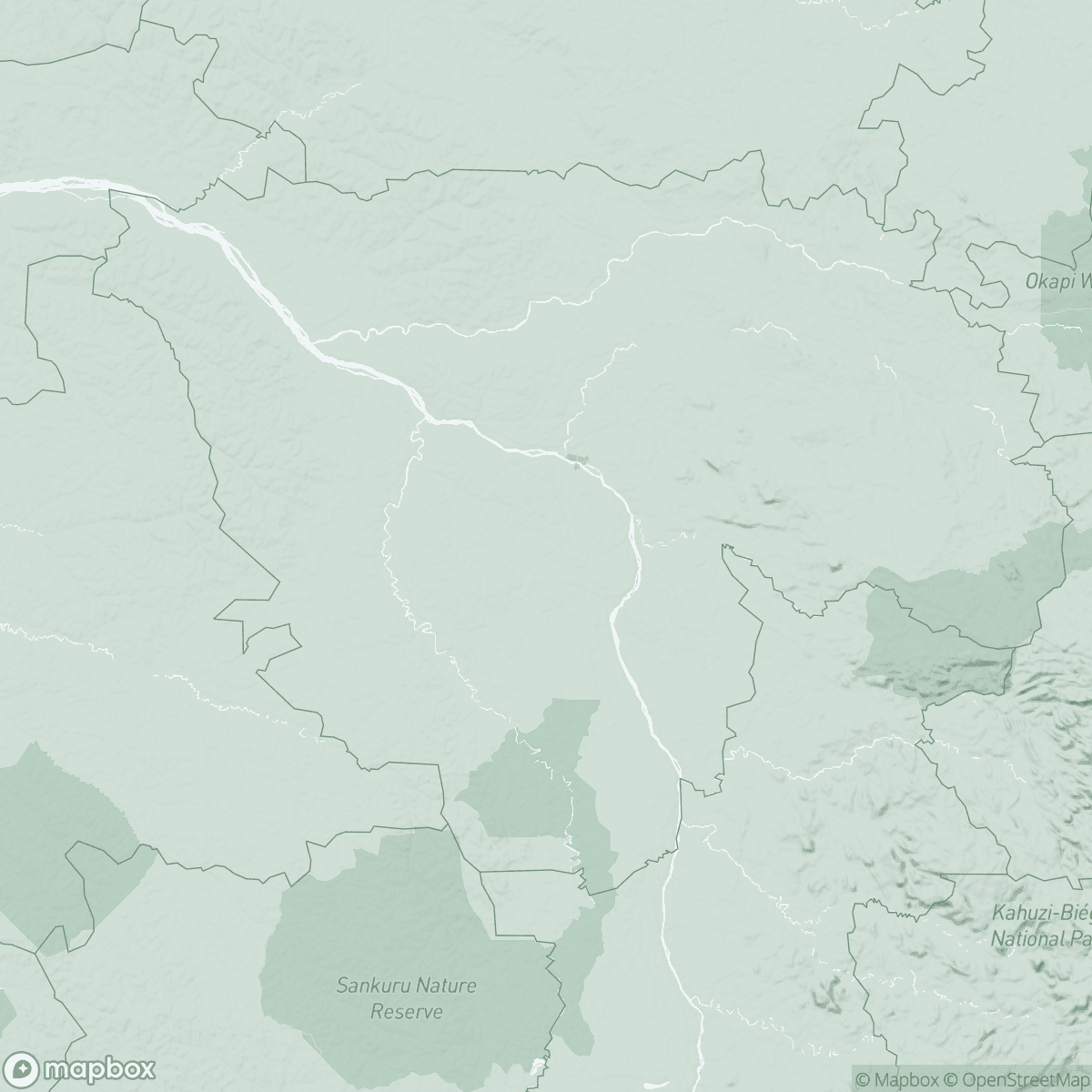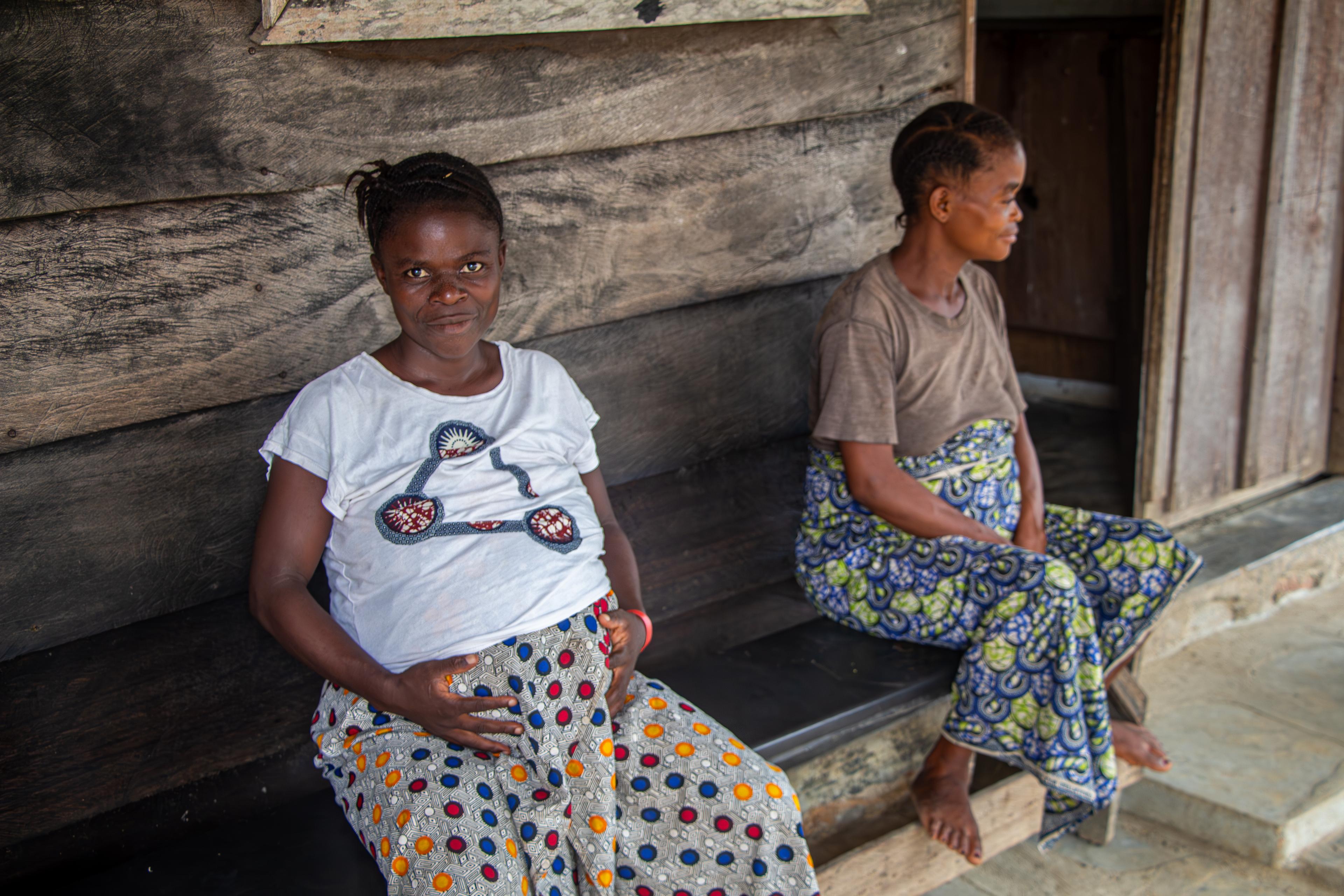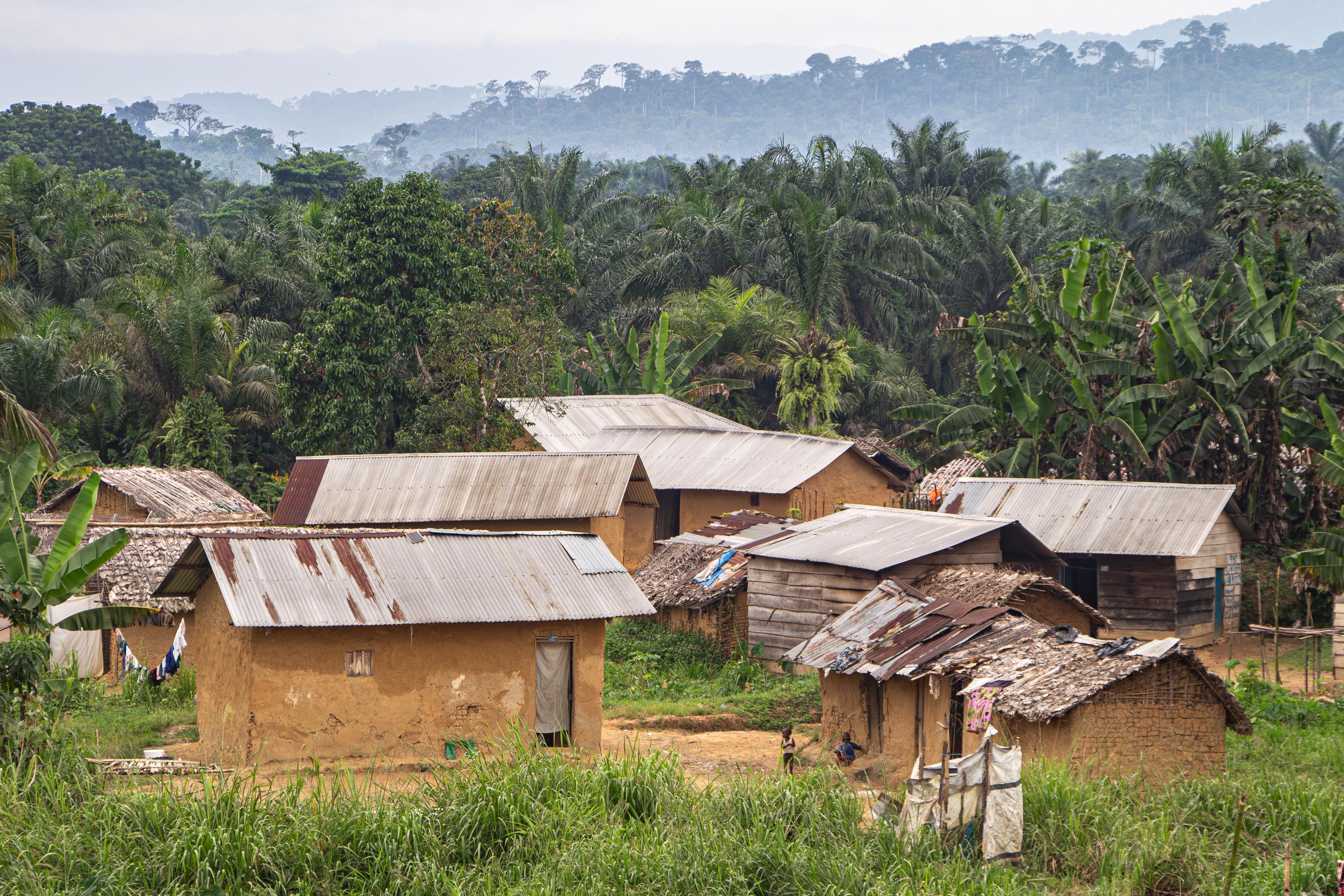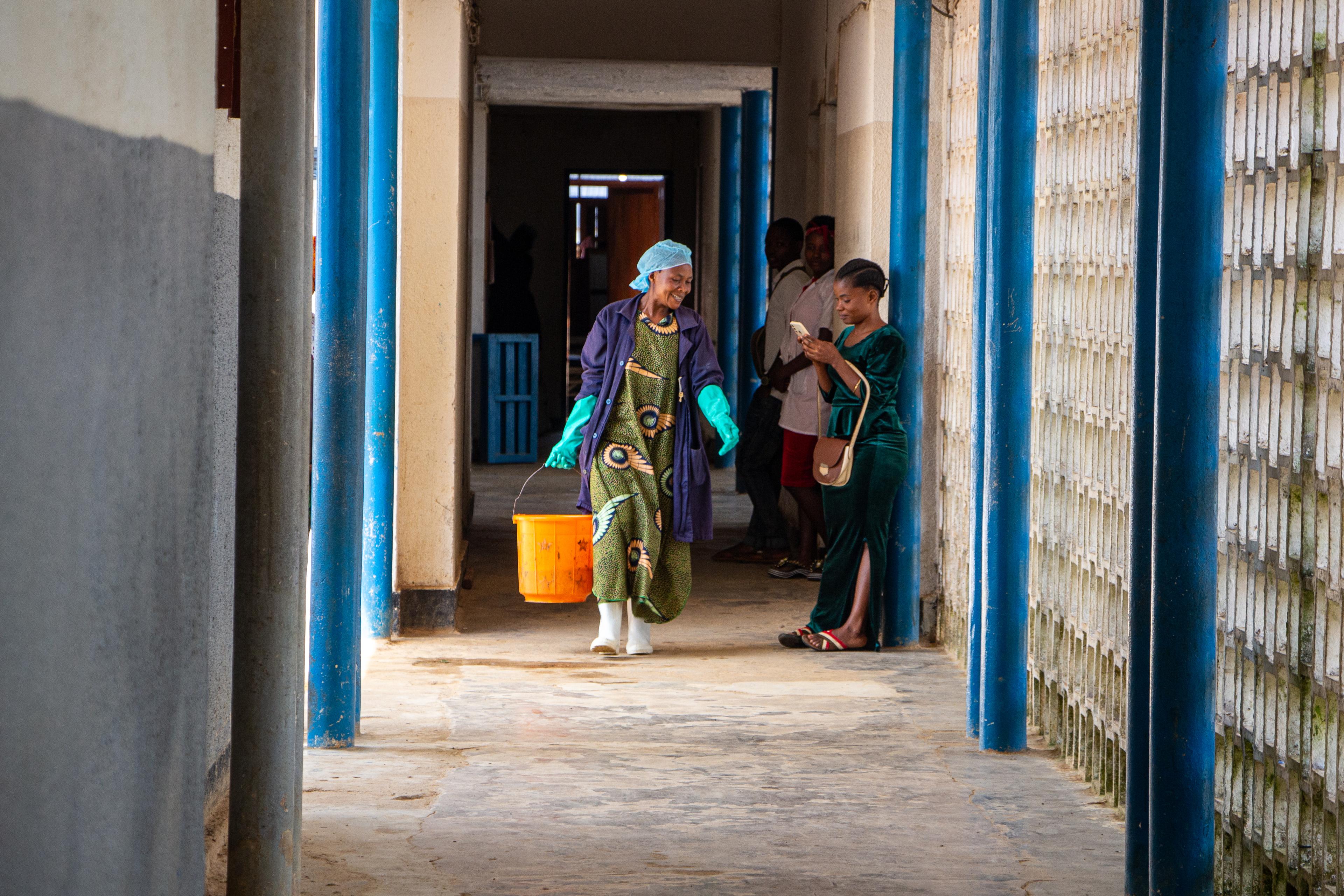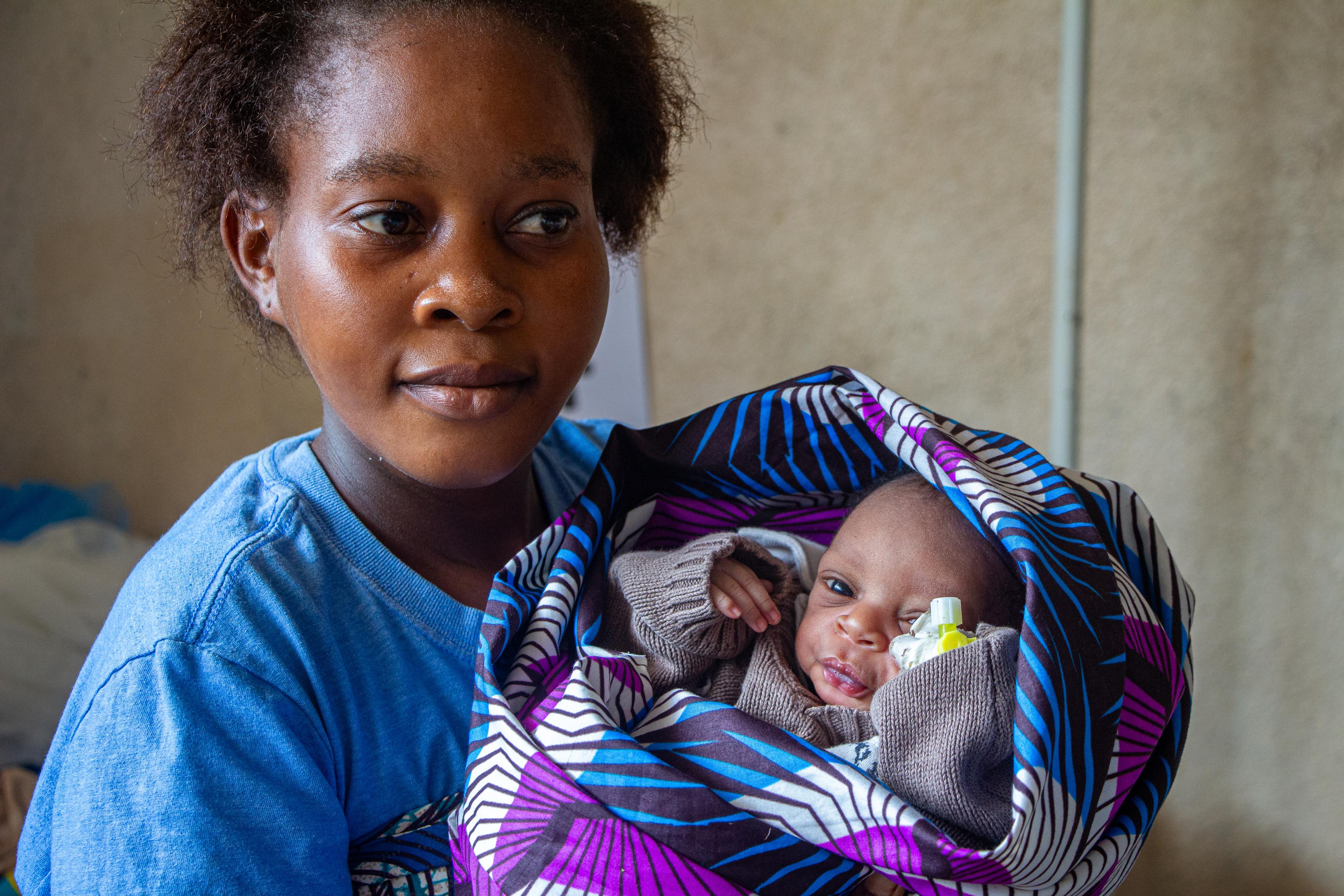
Walikale, North Kivu: a “Host Village” to prevent maternal and infant mortality
In 1 click, help us spread this information :
Every month, around 30 women with high-risk pregnancies, many from remote or isolated villages without proper healthcare, come to give birth in the “Village d’Accueil” at the Walikale general reference hospital, some 150 kilometres east of Goma in the North Kivu province of the Democratic Republic of Congo (DRC).
Set up by MSF in 2018, the “Village d’Accueil” or “Host Village” offers specialised care, as well as temporary housing, for women during the period leading up to and following childbirth, with the goal of mitigating the risk of death for both mother and newborn.
Here women are not only medically monitored, but also given shelter, food and access to clean water and showers"explains Séraphin Kikwabantu, head of the hospital's gynaecology-maternity department
Lack of access to sexual and reproductive health care
Accessing sexual and reproductive health services in the DRC is exceptionally difficult for women and girls. Even before the recent increase in violence, the country's healthcare infrastructure was fragile with insufficient funding and a lack of resources, including medical supplies and healthcare staff. Combined with the unaffordable costs of healthcare and difficult geographical access, the DRC has some of the highest rates of maternal and neonatal deaths in the world.
For pregnant women in remote villages of Walikale territory, long distances pose a barrier to accessing antenatal care and health facilities, discouraging early seeking of care. As a result, many women, particularly those with high risk or complicated pregnancies, die on the road or just as they finally reach the hospital – something MSF is aiming to prevent with the Village d’Accueil.
My mother died of a post-partum haemorrhage because there was no hospital where we lived. That really hurt me. I wanted to do this job to help women and contribute to saving these mothers"
explains Séraphin Kikwabantu.
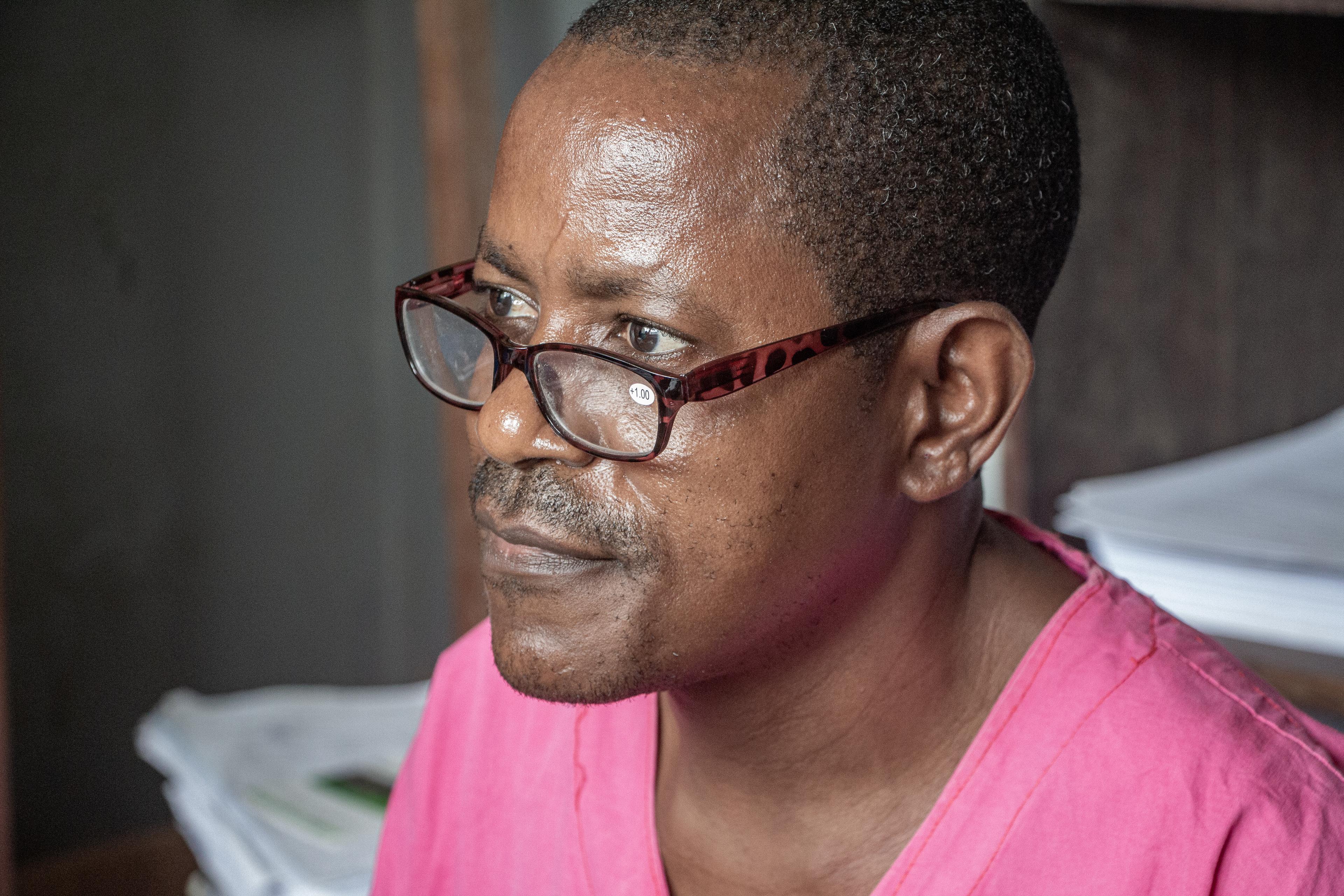
Apolline Uwezo, one of the patients cared for at the Village d’Accueil, comes from Itebero, a village around 37km away from the hospital. Despite the poor roads and being heavily pregnant, she walked for two days to reach the hospital, determined to give birth in the best possible conditions.
During my last delivery, I lost my child. This time I am expecting twins. Thanks to the close monitoring of my pregnancy, I hope to give birth without many complications"Apolline Uwezo
High-risk pregnancies
Women are referred to the Village d’Accueil by their local health centres after high-risk pregnancies have been detected during prenatal consultations. It's also for women who've had multiple or difficult deliveries before, including those who have had previous caesarean sections, or who have health issues that could harm their baby.
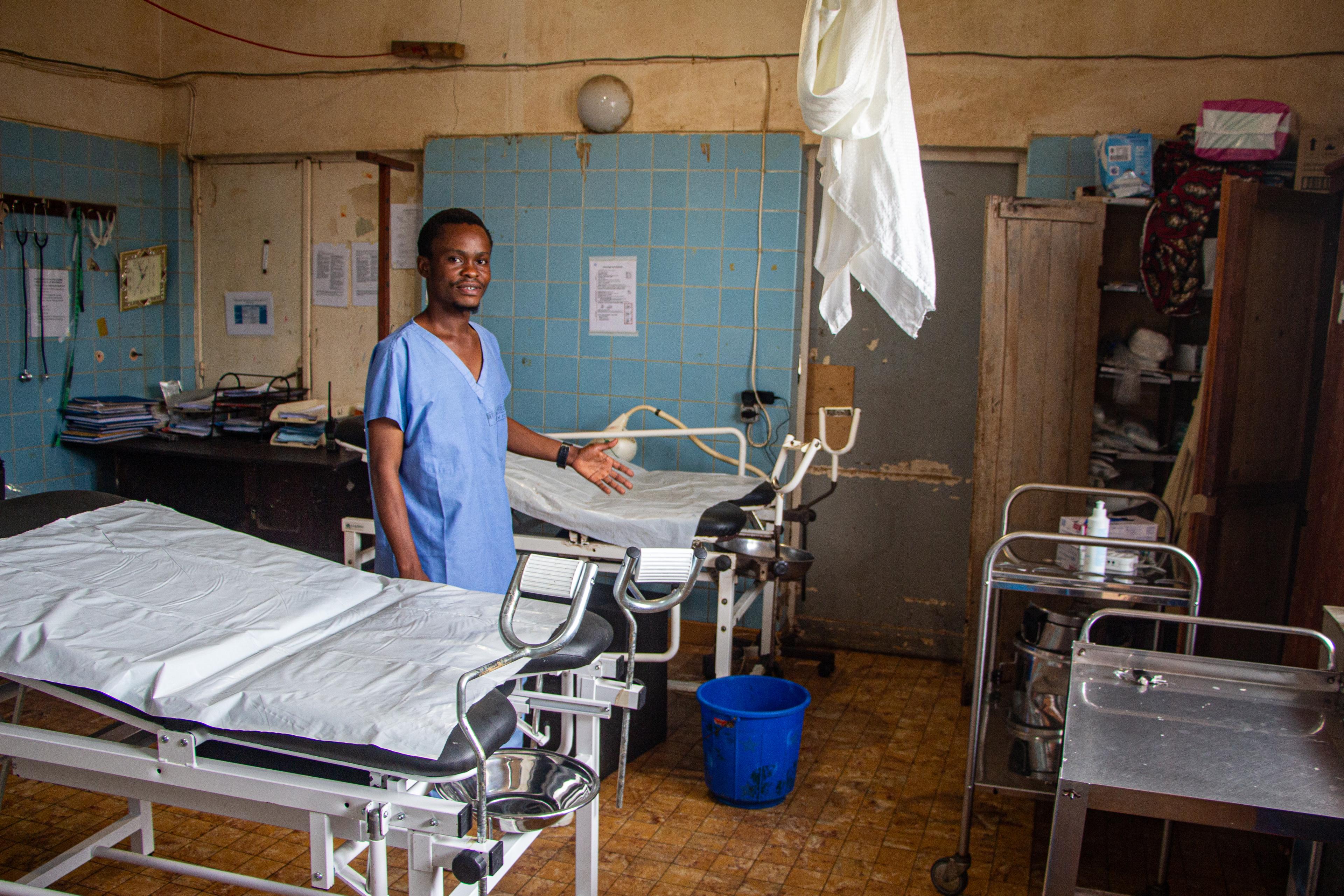
This initiative helps us to save women's lives. For most women, there are no nearby healthcare centres, and even if they do manage to reach one, often the high cost of care and medications makes it completely unaffordable for them. By having the women stay at the Village d’Accueil in advance of their expected due date, we can decrease complications, mitigating the risk of death for mother and baby.”
says Séraphin Kikwabantu
MSF medical teams provide prenatal consultations for all women as soon as they arrive at the Village d’Accueil. When indicated, they carry out examinations to check and provide treatment and care for certain diseases which can be harmful for the babies, such as syphilis and malaria.
In addition to the medical care, the sharing of individual experiences between the women is also encouraged. Pregnant women can benefit from mental health sessions at the MSF Tumaini clinic, which is Swahili for “Hope”, located within hospital. Contraception counselling is available; allowing women to choose between both short and long-term contraceptives.
Since “Village d’Accueil” opened five years ago around 1,800 women have been hosted and cared for. Within the maternity unit of Walikale general reference hospital, where MSF teams work in close collaboration with the Ministry of Health, more than 440 babies are born every month. In 2023, the total number of deliveries carried out in MSF-supported facilities in Walikale territory was 5,070.
In Walikale territory, in partnership with the Ministry of Health, MSF supports several services at the general reference hospital of Walikale, including with maternal, neonatal and paediatric care, as well ten healthcare centres with general healthcare. MSF also provides mental healthcare for victims of sexual and gender-based violence (SGBV) in its Tumaini clinic.
